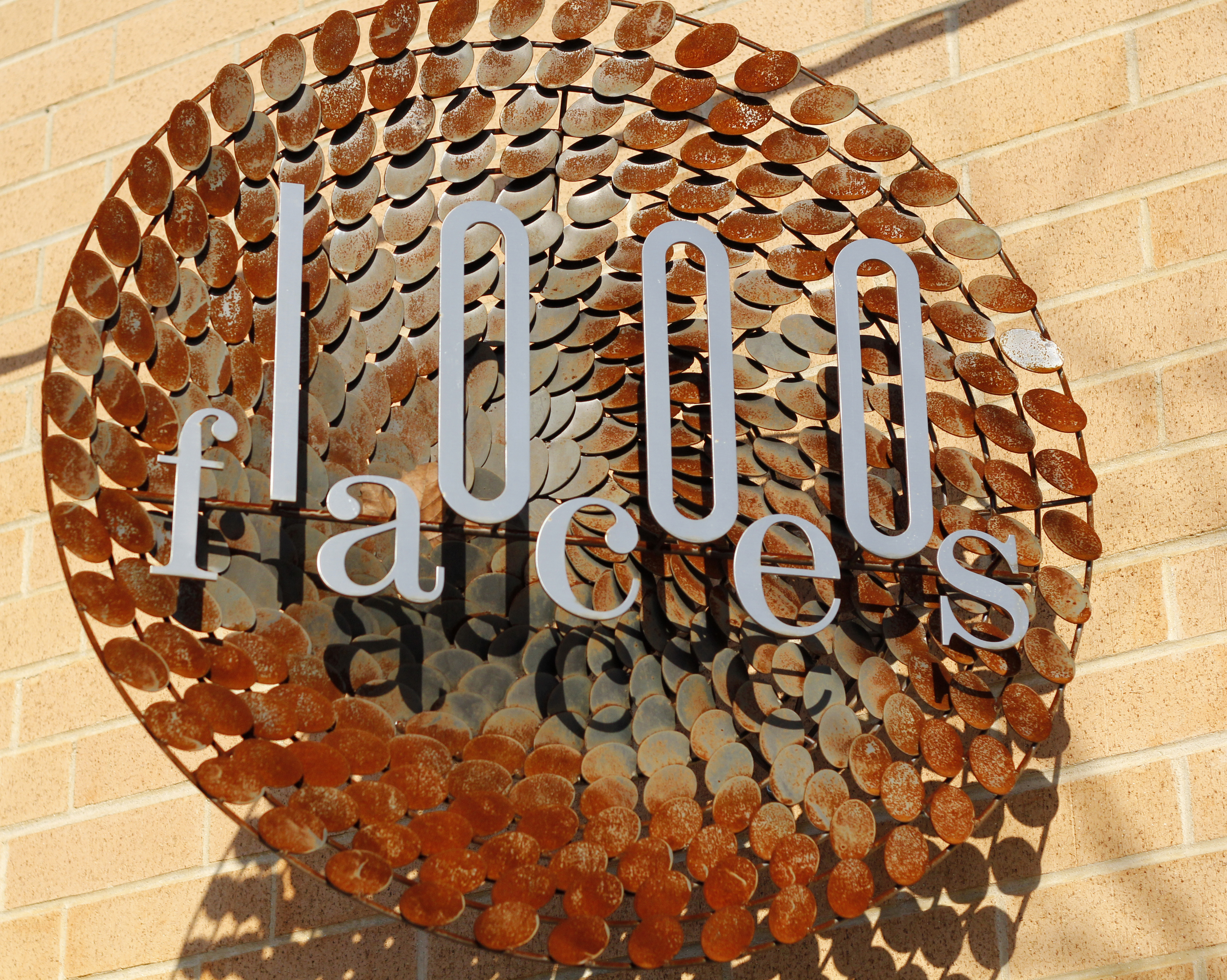I remember watching a documentary on why the Neanderthals had not survived, when Homo sapiens had. There where all sort of theories, one saying it was because of the common cold, others talking about weapons, etc. One of the people interviewed spoke about collaboration. How Homo sapiens collaborated with other settlements, and that they had found bone and skin from faraway places in Homo sapien settlements that were from animals from very faraway places, too far for settlements to get to regularly. While in Neanderthal developments they had found little to no evidence of this kind of collaboration at all.

This month roast magazine (November / December 2013 edition) has an article in it written by Benjamin Myers from 1000 faces Coffee, in which he speaks about how pre-competitive collaboration has helped growers and roasters alike and how the future looks great if this sort of collaborative effort is maintained.
Einstein in his collected essays collated in the book The World as I see it, says the curse of the western society is the over valuation of the individual. We should appreciate is how we are dependent we are on people we are likely to never meet. We eat food, wear cloths and live in house whose raw material is grown, harvested, processed, packaged and distributed by nameless people. These people mean more to our lives and our day-to-day living than the loud politician or the famous movie star.
Sorry I digress. Let’s get back to pre-competitive collaboration. As a coffee roaster based on the Southern tip of Africa, we rely on the collaborative efforts of many individuals before we get our green unroasted coffee. Perhaps this is a lesson to learn from. If we as roasters want to have access to the prime coffees of the world then surely it is time to collaborate before we compete. Through collaboration we can source greater coffees and have greater purchasing power than we do as a single standalone roaster. Our biggest competition is not the roaster down the road, but the bulk importer of coffee both whole bean, instant, pod or capsule-based coffees. This type of convenience coffee belongs in the same market as the boxed wine. It has a market, but should not dominate the market. With over 70% of South Africans drinking instant coffee on a daily basis this is the market we need to look to for growth until we get that number down to the world average of 48% we cannot consider ourselves a success.
And the only way to do this is through collaboration. In the article, I have mentioned the establishment of Virmax between Alejandro Cadena and Giancarlo Ghiretti. Virmax assisted setting up collaboration between the growers and this has helped strengthen the relationship to the final market of their product. Virmax is only 13 years young and already has 100 people working for it. They work directly with over 2,000 family farmers. They have 19 receiving warehouses, where coffees are cupped each day. They own a dry mill in Armenia and a number importing businesses in the USA, Europe and Australia.
In 2010 Virmax created Caravela Coffee to handle their imports into North America, as a vertically integrated export-import company. Caravela builds relationships between roasters and producers, allowing roasters a more direct relationship with the producers. The coffees from this relationship are called relationship coffees.
Virmax is the company that we at Quaffee have had the fortune of working with since 2008, and their collaborative efforts have shown increasing reward. With each crop of coffee, we have had the fortune of roasting and selling better than the last one. In fact our current crop we have just landed we think is some of the best coffee we have ever tasted.
Other roasters in Northern America have been collaborating on sourcing direct lots of coffees together, travelling to source and identifying coffees they love and securing the complete produce through collaboration.
Through collaboration, the Alliance for Coffee Excellence (ACE) or Cup of Excellence (CoE) programs have been put in place offering direct financial benefits to the producers of the coffees selected in the program.
Roasters in Northern America have been able to cross-reference information and share customer feedback on the coffees and roast profiles used. Through getting together and sharing experiences the knowledge-based of information can grow and the winner is the industry and the consumer, as well as the roaster, who benefits from a growing market of knowledgeable coffee drinkers.
I end this summary and these thoughts quoting directly for the article:
“Will pre-competitive collaboration increase the value of our work? Coffee is a product that has been historically undervalued, and its global workforce has borne the brunt of this economic paradigm. Who is to blame for the fact that the majority of those in the industry work hard for little money? For many of us, the low return on investment might be the single most pressing problem. Let’s assume that the key to solving the problem and making a good decision is not finding the one right answer, but one simple step: participate. As more people begin to participate in the revolution of the coffee workplace, there will be a profound benefit; the better we understand how this machine works, the better we’ll get at operating it.”



